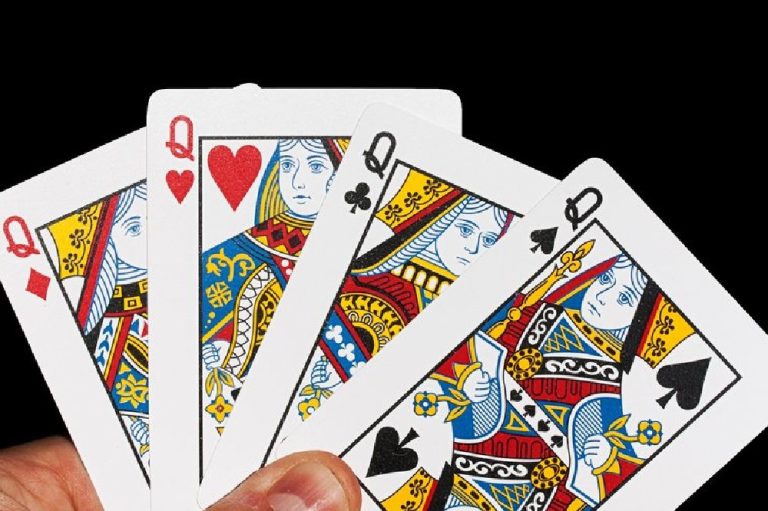Gaming preferences often evolve as players seek new challenges, engagement styles, and intellectual stimulation. While many users initially enjoy luck-based or casual gaming experiences, a significant number transition to puzzle or skill-based games over time. This shift is driven by various factors, including cognitive stimulation, strategic depth, and the desire for more meaningful gameplay at 91 club colour prediction.
The Appeal of Skill-Based Games
Skill-based games require players to develop and refine abilities rather than relying purely on chance. Whether through logic puzzles, reflex-based mechanics, or strategic problem-solving, these games reward proficiency and mastery. The ability to improve over time offers a sense of accomplishment that is often absent in purely luck-based gaming formats.
Cognitive Stimulation and Problem-Solving
Many users find puzzle games more intellectually stimulating compared to random chance games. Engaging in logic-based challenges strengthens critical thinking, enhances memory, and improves concentration. Games requiring pattern recognition, deduction, and sequential planning encourage cognitive development, making them appealing for users looking to exercise their minds.
Reduced Dependence on Randomness
Luck-based games often leave outcomes entirely to chance, which can feel frustrating for players who prefer strategic control over their results. Puzzle and skill games allow users to influence their success through effort and refinement, reducing the unpredictability associated with gambling-style mechanics. This shift offers a more rewarding experience by ensuring wins are based on personal growth rather than external randomness.
Long-Term Engagement and Mastery
Puzzle and skill-based games often provide ongoing challenges, encouraging players to improve their abilities rather than repeating simplistic tasks. This sense of progression fosters long-term engagement, as users seek mastery rather than instant gratification. The presence of difficulty scaling and adaptive challenges enhances player retention, offering deeper gameplay experiences.
Competitive and Cooperative Play
Skill-based games frequently incorporate competitive ranking systems or cooperative problem-solving elements, allowing players to engage with others in meaningful ways. Leaderboards, multiplayer puzzles, and team-based strategic games promote interaction, social engagement, and skill development. Many users prefer these experiences over isolated gameplay structures where luck dictates outcomes.
Psychological Satisfaction and Reward Systems
Games that require skill offer intrinsic rewards beyond winning—problem-solving success, learning improvement, and strategic execution provide fulfillment. Many users transition to puzzle games for the intellectual satisfaction of overcoming challenges rather than the fleeting excitement of randomized outcomes. This psychological engagement enhances motivation and sustained interest.
Conclusion
The shift from casual or luck-based gaming to puzzle and skill games reflects a desire for cognitive stimulation, strategic control, and long-term engagement. Users increasingly favor games that challenge their problem-solving abilities, reward mastery, and provide meaningful experiences beyond random chance. As gaming continues to evolve, puzzle and skill-based genres remain essential for those seeking deeper and intellectually rewarding gameplay.




